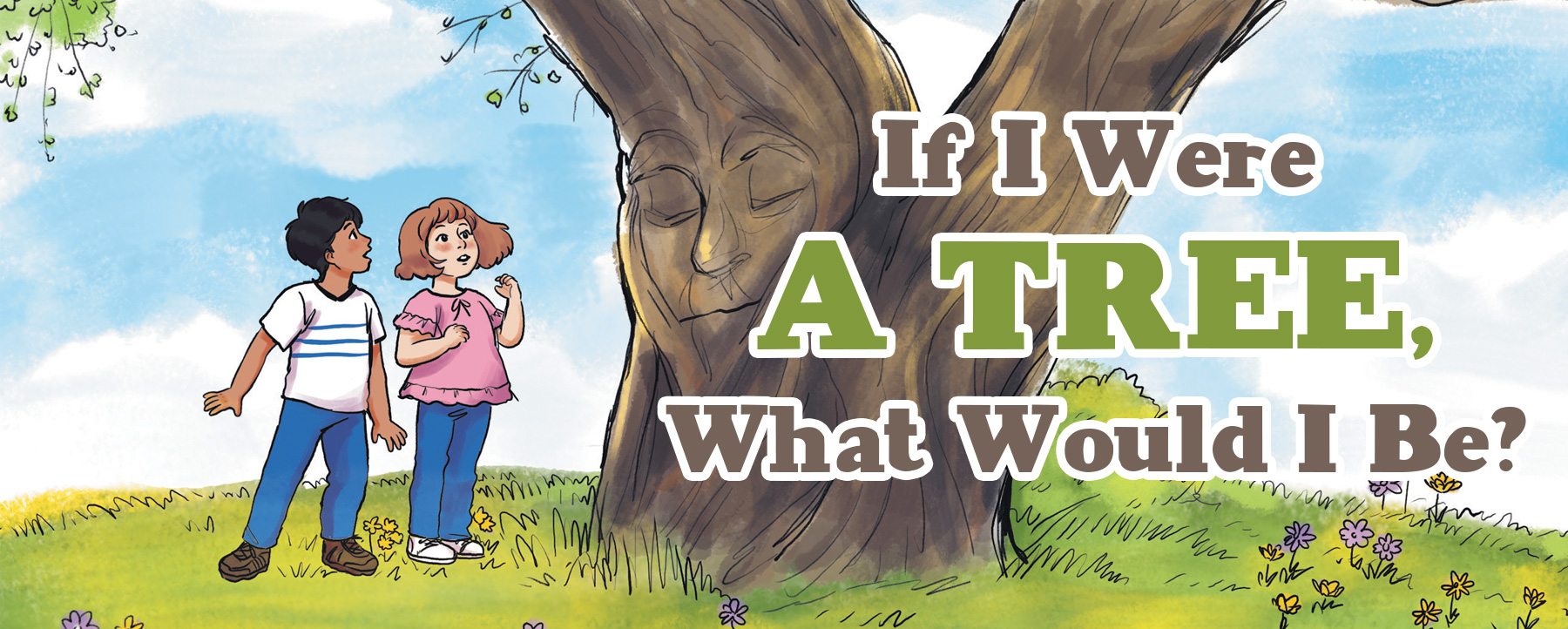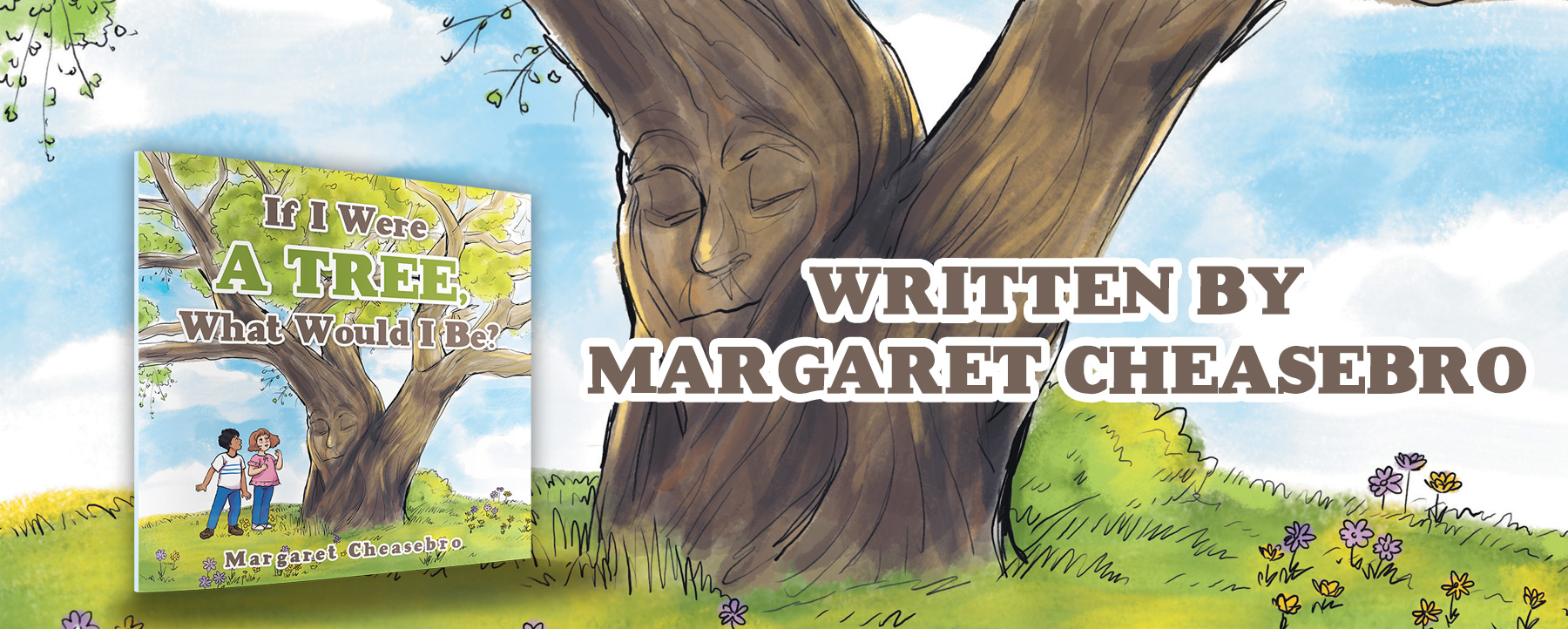A community controlled forest in Mexico is benefiting both humans and the land. The town of Ixtlán de Juárez controls the surrounding forest. It is located in the southern part of the country, about 40 miles north of Oaxaca, capital of the state of Oaxaca. Oaxaca is the second poorest state in Mexico.
“About 10 million people across the country live and make a living from forests,” according to an article written by Linda Farthing in the May 10, 2024 The Guardian Weekly. Half of those 10 million people identify themselves as indigenous, which means they have existed on the land since the earliest times.
Mexico is unusual in that more than half of its forests are in community and indigenous hands, according to The Guardian Weekly article. Experts say this helps to explain why the country has done better at controlling large fires. More than 21,000 communities own forests in Mexico, and about 2,200 of them are involved in sustainable logging, as Ixtlán is.
Deforestation rates are lower in community owned forests. Those forests also absorb more carbon dioxide than ones controlled by the government or private groups. Community owned forests also have less severe water shortages, which helps to reduce the risk of fire. They don’t practice clearcutting. Instead, they log in narrower strips that let the forest regenerate naturally.
Ixtlán has controlled logging operations since 1982 and does not have problems with illegal logging. The town does not try to maximize profits. Instead, it focuses on creating jobs for local people. That has helped to lift residents out of poverty.
Because Ixtlán controls the forest around it, the town can invest in public works that include roads and schools. It also generates income through profit-sharing. Besides logging, the town has a sawmill and furniture factory. It also has a community-run petrol station, food store, water bottling facility, credit union and even an ecotourism inn, Linda Farthing reported.
Indigenous customs play a large role in decision making. This process puts the group’s interests above the individual. Though it takes more time to reach a decision, it gives everyone a voice. That voice is helping to keep people, the land and the forest healthier.


